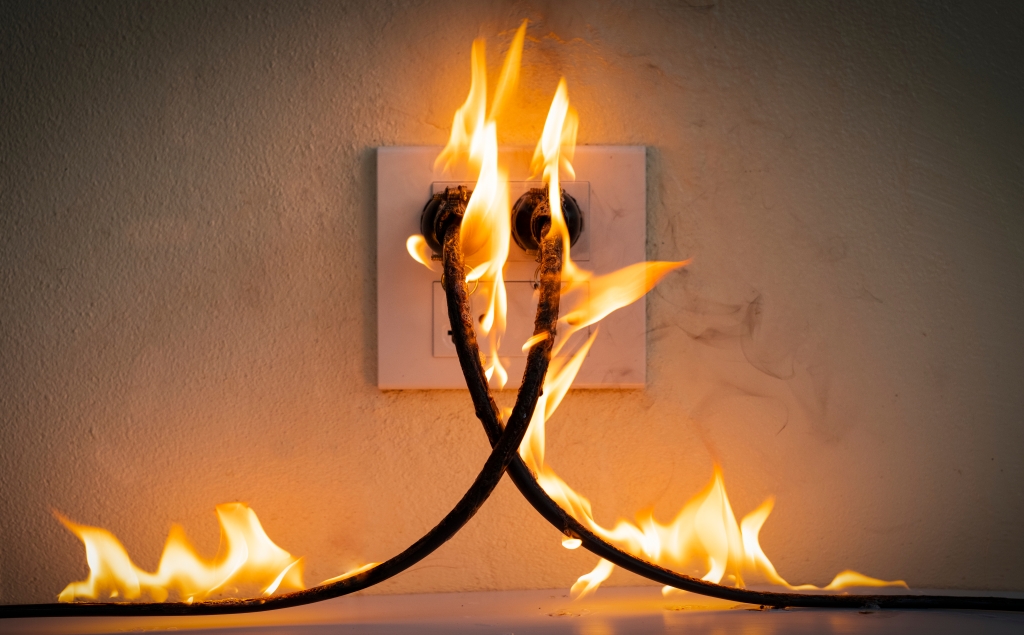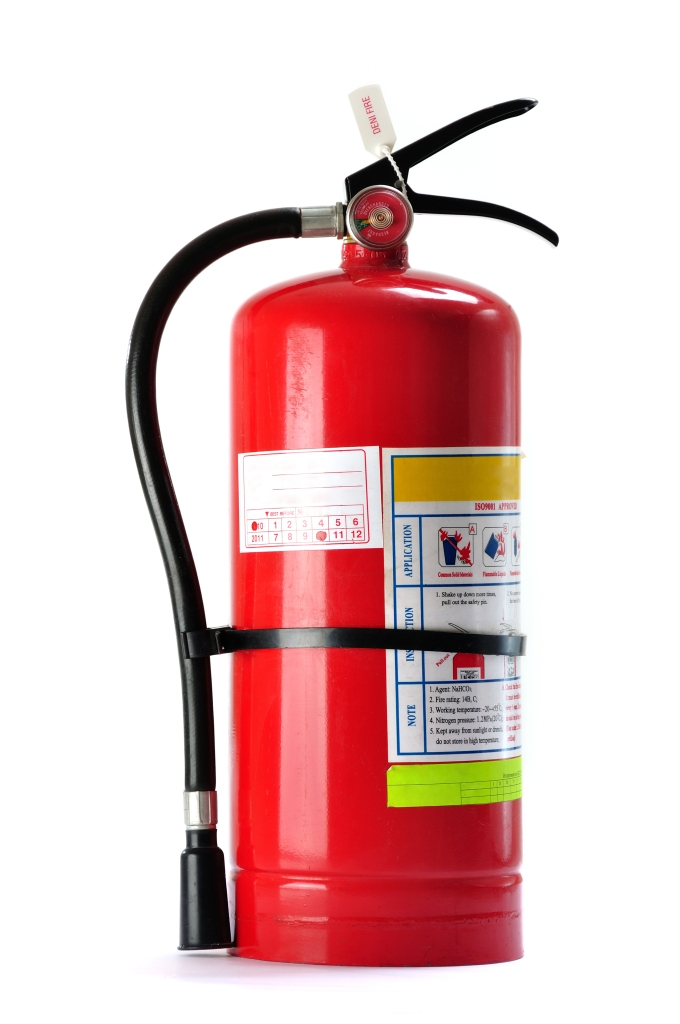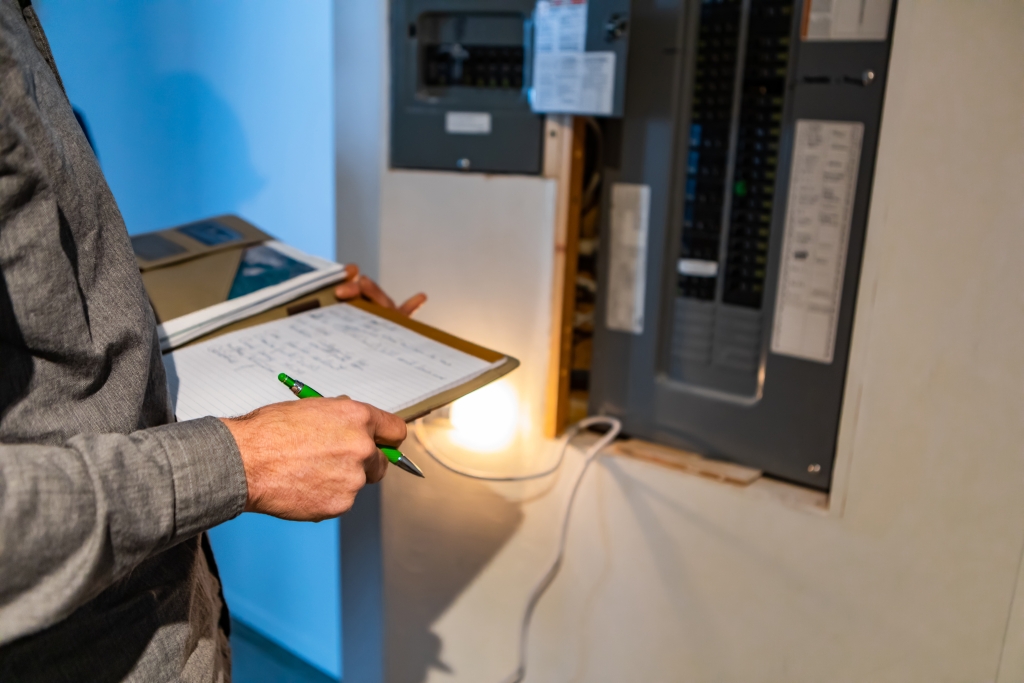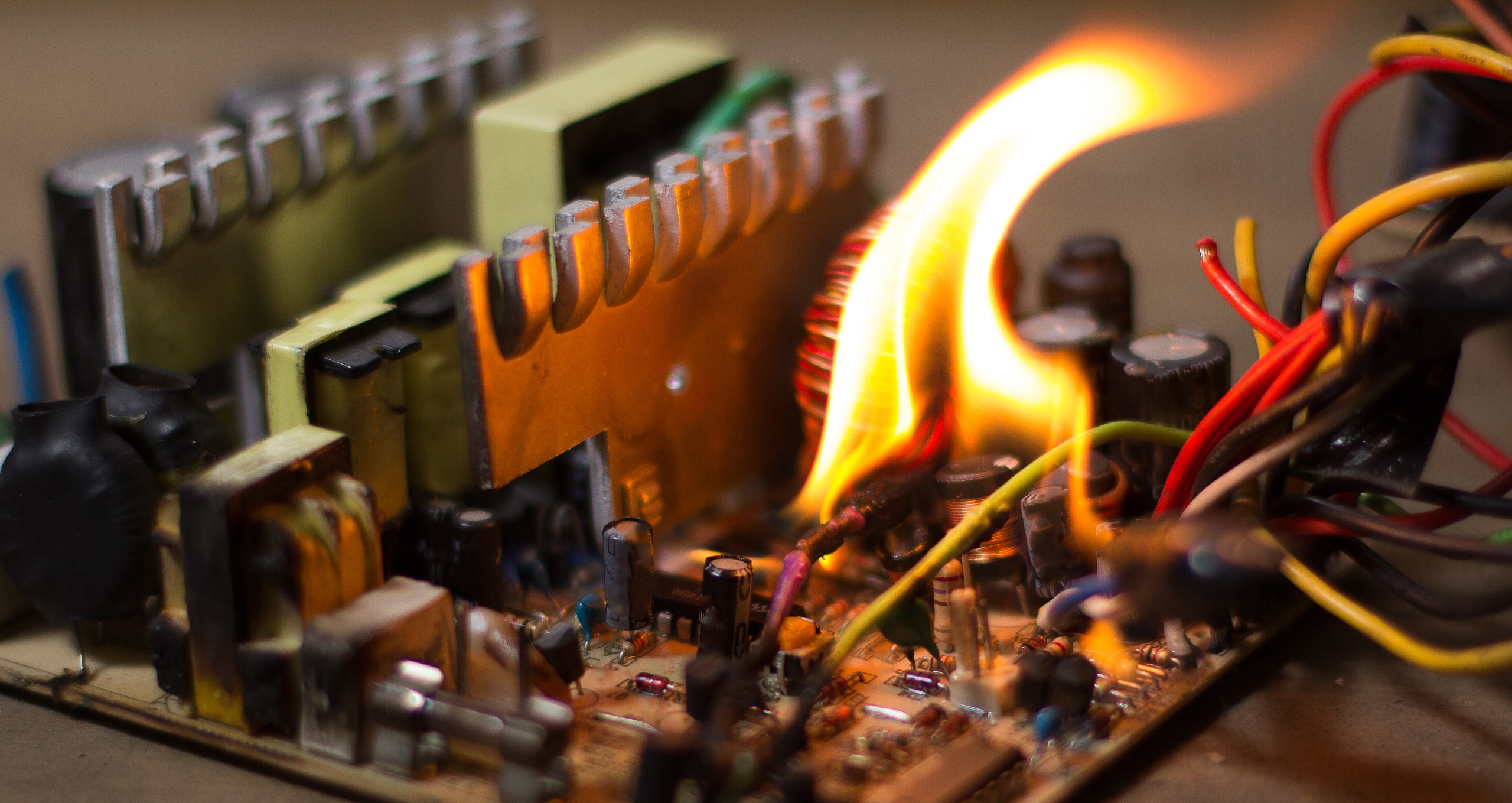There are plenty of risks associated with your home’s electrical system. One of the most common is an electrical fire. An electrical fire is defined as a failure or malfunction within the components or elements of an electrical system that results in a fire. On average, 47,820 electrical fires occur annually. These have amounted to over 400 civilian deaths, 1,500 injuries, and $1.5 billion in property damage. Thankfully, electrical fires are preventable. With proper maintenance, care, and timely updates, you can safely enjoy your home’s electrical system and everything it has to offer.

How Do Electrical Fires Start?
Electrical fires can start from a variety of causes. Most often, these fires start due to an issue in the electrical wires, circuit breakers, cables, or any energized electrical equipment. This can be caused by faulty wiring, outdated systems, overloaded circuits, or inadequate distribution of electricity. Poor maintenance, overuse of old appliances, non-working smoke detectors, and not adhering to current safety codes can exacerbate your electrical fire issues. Additionally, these fires can be caused by external sources such as light fixtures or heating units placed too close to combustible materials.
What Does an Electrical Fire Smell Like?
There are a few signs to be aware of that indicate the presence of an electrical fire. The most common is a persistent burning smell with no identifiable location. Another common sign is if your circuit breaker keeps tripping. The primary function of a circuit breaker is to cut off the flow of electricity if there is a surge. If your breaker trips continuously, that could be a sign that your appliances are using too much electricity at one time, that there is a short circuit somewhere in your wiring, or that it’s time for your breaker to be replaced. If you let your breaker trip without identifying the issue, you could be risking a fire. Lastly, if you have noticed charring or discoloration around light switches or outlets, this could indicate that faulty wiring is causing arcing and sparking. A big enough spark can cause a major fire.
How Do You Stop an Electrical Fire?
If the unfortunate event of an electrical fire does occur, there are a series of steps to take care of to prevent it from getting bigger or spreading to other areas of the home.
- Turn off the electricity. The first step in stopping an electrical fire is to turn off the electricity. If it is a specific device then unplug it, but if it’s unclear where it’s stemming from, disconnect all electrical currents.
- Add baking soda. For smaller fires, using baking soda will stifle the flames and prevent the issue from escalating. Baking soda contains the chemical compound sodium bicarbonate which is non-flammable.
- Remove oxygen. Oxygen feeds flames, thus it is best in these situations to remove the oxygen source from the fire. This can be done by throwing towels, clothing, or heavy fire blankets onto the fire.
- Never use water. As a rule-of-thumb, it is best to keep water and electricity separated in most circumstances, especially when looking at an electrical fire. Water conducts electricity, so splashing an electrical appliance or outlet can cause electrocution or serious electrical shocks.
- Double-check your fire extinguisher. According to the National Fire Protection Association, electrical fires fall into the category of class C fires. This means they have to be extinguished with a fire extinguisher that has the right components to put it out. Because class A, B, and C fires all require the same type of extinguisher, most all-purpose at-home fire extinguishers are ABC certified. However, it is best to double-check your extinguisher before the issue, rather than when it’s too late.

What Happens if I Can’t Put Out an Electrical Fire?
If you are noticing that no matter what you try, the fire isn’t extinguishing, then calling in professional help is necessary.
- Get out of the house. When a fire becomes unmanageable, it is best to get out of the area as soon as possible to prevent any injuries or death.
- Close the doors. When leaving the area of the fire, close all the doors on your way out. This reduces the oxygen source that could escalate the fire as well as work to contain it to a specific area.
- Call 911. For large fires calling the fire department is absolutely necessary. Once you have reached a safe distance from the fire area, call 911 right away and they will dispatch the proper emergency services.
- Don’t go back. It is best to not re-enter your home until the fire has been professionally managed by the fire department.
How Do You Prevent an Electrical Fire?
The ideal situation in terms of an electrical fire is to prevent it from occurring in the first place. There are a variety of precautions you can take to ensure the safety of your electrical system.
- Safety Inspections. Preventing electrical fires boils down to keeping up with safety inspections. Having a professional electrician inspect your system periodically will ensure that your system is up to code and functioning properly.
- Check lightbulb wattage. Most lamps are created to support a certain wattage. To prevent a surge of power that could lead to an electrical fire, ensure that your lightbulb’s wattage matches the recommended wattage of the light fixture.
- Be aware of the signs. Common signs of electrical failure include flickering lights, burning smells, or buzzing sounds that are coming from your electrical system or circuit breaker. Understanding the warning signs can help prevent the fire from actually sparking.
- Use extension cords safely. Extension cords are meant only for lower wattage electrical appliances. You should never plug heating and cooling units into an extension cord. When choosing your extension cords, ensure that they come with a surge protector.
- Don’t overload your outlets. Most outlets are built with two spots because two appliances are the safe limit for what it can handle. Overloading your outlets by using outlet extenders can cause a surge of power, resulting in a fire.
- Childproof your outlets. If you have children, it is best to child-proof your outlets by either covering them completely or buying the plastic insertions that block off the outlets. Small children can stick their fingers, pencils, toys, and other items into the outlet causing injury and even a fire.
- Use heating units safely. Personal heating units can be a lifesaver in the cold winter months. But a common and dangerous problem that can occur is if they tip over. Most modern personal heaters have automatic shut-off sensors that can sense if the unit has fallen over. For increased safety, do not keep these heaters on overnight.

Call The Expert Services- Plumbing, Heating, Air & Electrical
Expert Services- Plumbing, Heating, Air & Electrical has been servicing Salt Lake and Utah valleys for over 10 years. With HVAC, plumbing, and electrical expertise, they are the ones to call for any and all of your household issues. The first step in dealing with an electrical malfunction is to prevent it in the first place. Expert Services- Plumbing, Heating, Air & Electrical’s team of electricians are trained and trusted to handle your electrical needs. With 24/7 emergency help, they are ready for anything. Call today to schedule an appointment.
